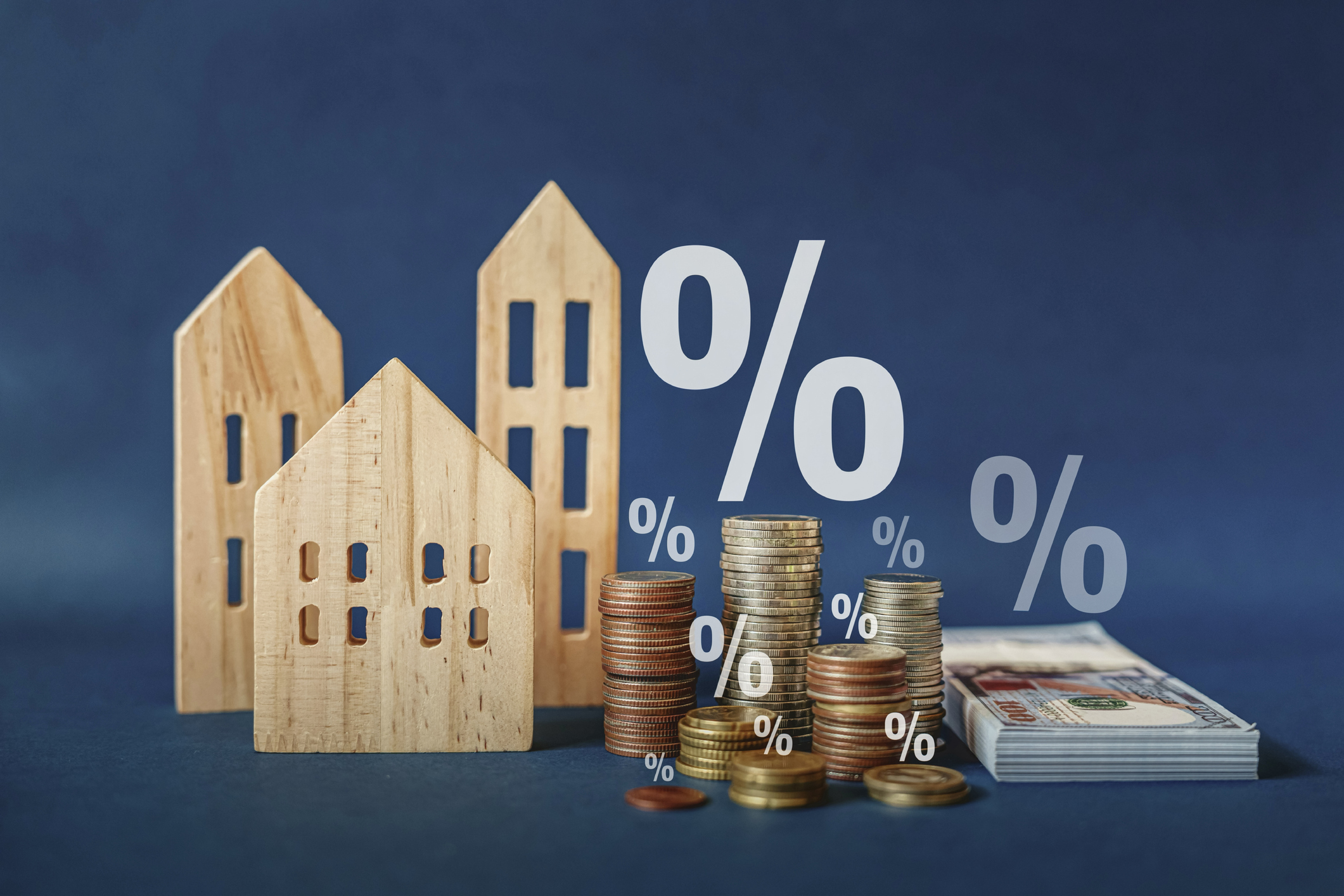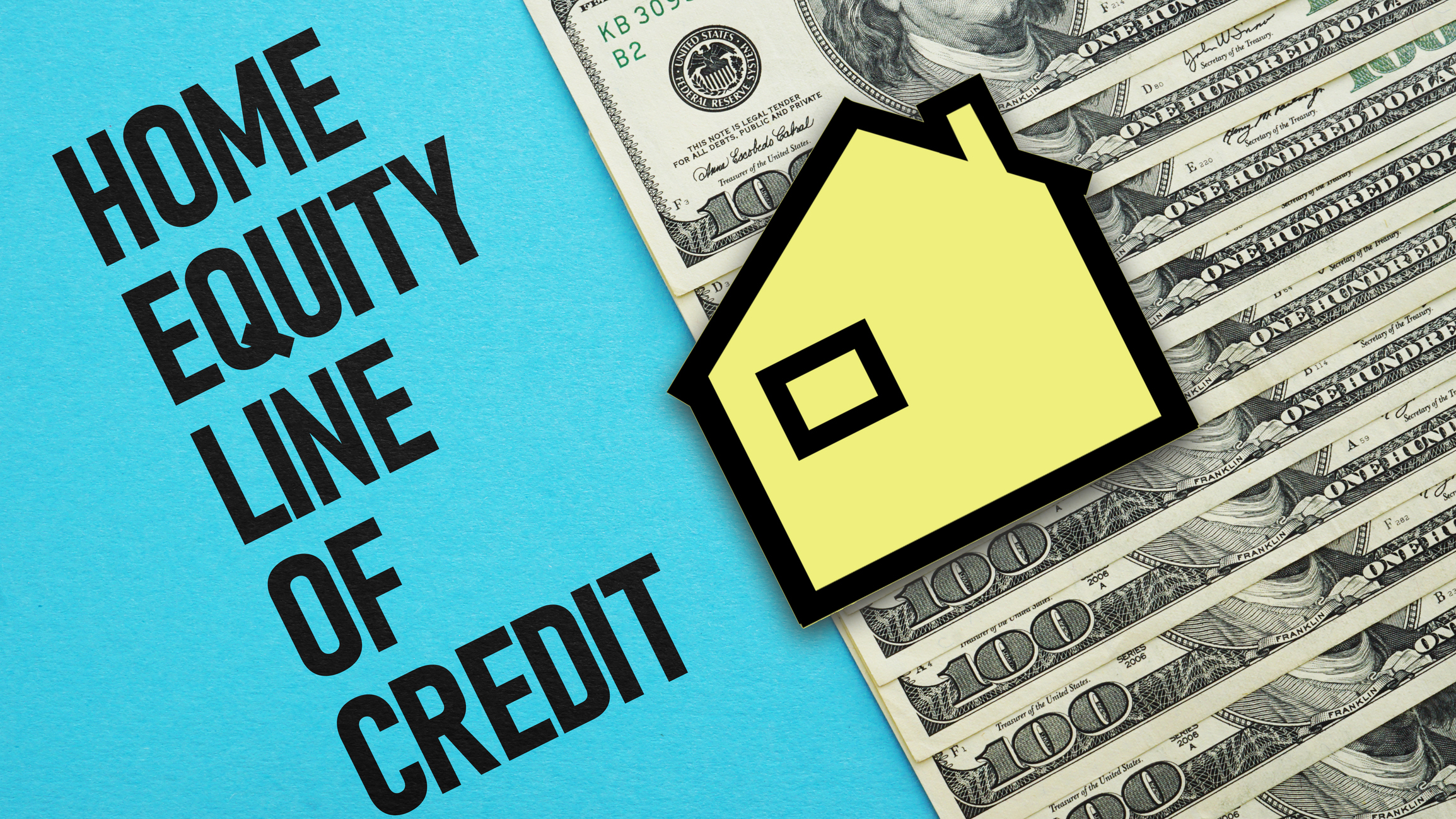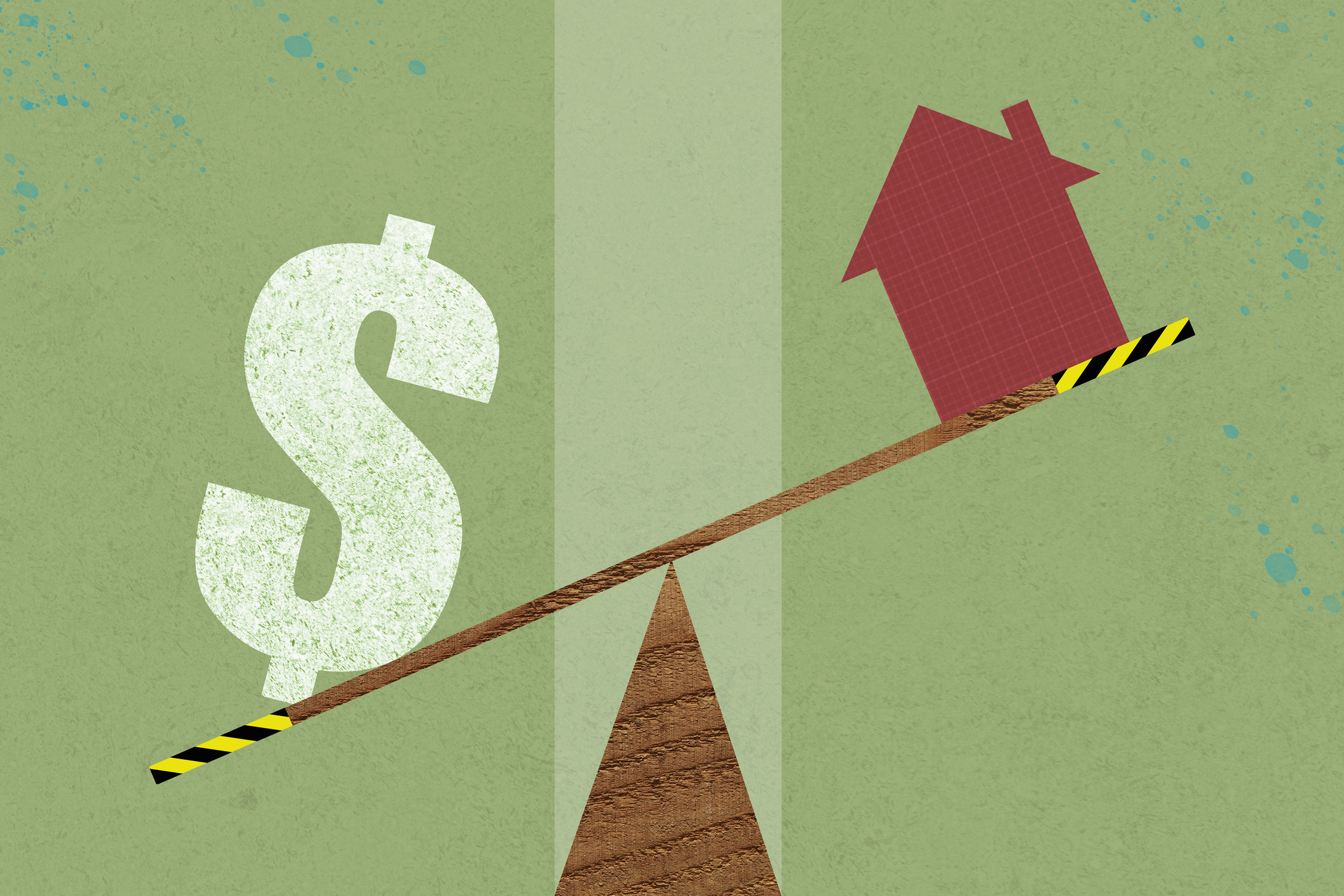
Profit and prosper with the best of Kiplinger's advice on investing, taxes, retirement, personal finance and much more. Delivered daily. Enter your email in the box and click Sign Me Up.
You are now subscribed
Your newsletter sign-up was successful
Want to add more newsletters?

Delivered daily
Kiplinger Today
Profit and prosper with the best of Kiplinger's advice on investing, taxes, retirement, personal finance and much more delivered daily. Smart money moves start here.

Sent five days a week
Kiplinger A Step Ahead
Get practical help to make better financial decisions in your everyday life, from spending to savings on top deals.

Delivered daily
Kiplinger Closing Bell
Get today's biggest financial and investing headlines delivered to your inbox every day the U.S. stock market is open.

Sent twice a week
Kiplinger Adviser Intel
Financial pros across the country share best practices and fresh tactics to preserve and grow your wealth.

Delivered weekly
Kiplinger Tax Tips
Trim your federal and state tax bills with practical tax-planning and tax-cutting strategies.

Sent twice a week
Kiplinger Retirement Tips
Your twice-a-week guide to planning and enjoying a financially secure and richly rewarding retirement

Sent bimonthly.
Kiplinger Adviser Angle
Insights for advisers, wealth managers and other financial professionals.

Sent twice a week
Kiplinger Investing Weekly
Your twice-a-week roundup of promising stocks, funds, companies and industries you should consider, ones you should avoid, and why.

Sent weekly for six weeks
Kiplinger Invest for Retirement
Your step-by-step six-part series on how to invest for retirement, from devising a successful strategy to exactly which investments to choose.
Spring and summer are the best times to sell a home. After hiding inside all winter, spring is when many buyers come out to scour the market for what’s available. If there’s enough interest in your home, that could mean a bidding war and possibly top dollar.
The Federal Reserve is expected to begin cutting rates as soon as September, with CME FedWatch signaling a likely quarter-point reduction. A cut could make mortgages more affordable, potentially drawing more buyers into the market.
Even though the Fed held rates steady at its last meeting, the prospect of cuts ahead makes timing more important than ever. Here’s what to consider before deciding whether to sell now or wait.
From just $107.88 $24.99 for Kiplinger Personal Finance
Become a smarter, better informed investor. Subscribe from just $107.88 $24.99, plus get up to 4 Special Issues

Sign up for Kiplinger’s Free Newsletters
Profit and prosper with the best of expert advice on investing, taxes, retirement, personal finance and more - straight to your e-mail.
Profit and prosper with the best of expert advice - straight to your e-mail.
How to figure out if it’s time to sell your house or wait
Economic factors significantly influence homebuying. If you’re thinking about selling, the decision isn’t just about timing the market — it’s about asking yourself the right questions.
Looking at mortgage rates, housing demand, the cost of re-buying and the risks of waiting can help you decide whether to list your home now or hold off.
1. What are mortgage rates like?
Right now, mortgage rates are still high. As of August, a 30-year fixed-rate mortgage averages 6.58%. That’s up from this time last year and nearly three times the rate in January of 2021.
While treasury yields have a higher influence on mortgage rates than the rate set by the Federal Reserve, Fed interest rate changes still impact loans and lending products. When the Fed makes benchmark interest rate changes, other groups usually fall in line with them.
For example, if a prospective buyers want to lock in a low rate, they might want to hold off until the Fed cuts interest rates.
At the same time, if sellers really want to sell now, there might not be as much buyer interest. This might mean having to lower the asking price. Timing matters.
Explore and compare some of today's best mortgage offers with the tool below, powered by Bankrate:
2. Is there high demand?
No one can time the market perfectly, but we can get a sense of whether conditions favor buyers or sellers. In a buyer’s market, there are plenty of homes on the market at competitive prices, giving buyers the upper hand to negotiate.
In a seller’s market, demand outpaces supply. With more buyers than available homes, competition can push sale prices higher — sometimes well above asking.
If you see signs that a seller’s market is on the horizon, listing sooner could work to your advantage. But if your neighborhood is already flooded with new listings, it may be wise to wait until conditions shift back in your favor.
3. What’s the cost to re-buy?

Selling your home at top dollar is nice but think about the steps after that. For example, where are you planning to live and can you afford your new place?
Factor in everything — mortgage rates, property taxes, home insurance, and potential homeowners association fees — since these costs can add up quickly. It might help to use a mortgage calculator to see how much home you can afford.
Remember, you’ll still need to repay your lender any of the outstanding balance of your existing mortgage. Do the math first. Get an idea of how much money will be left after all the bills have been paid and what you'll likely pocket when the home transfer is done.
4. Is it risky to wait?
Home prices remain higher than they were five years ago, but sales have slowed recently. That raises a tough question: if you wait, do you risk your home losing value?
If you’re not moving for work or don’t have the financial flexibility to relocate, there may be no need to rush. But waiting too long could mean more of your neighbors deciding to list their homes for sale, increasing competition.
More listings can quickly shift the market in buyers’ favor, which could force you to lower your asking price and reduce your final sale proceeds.
Is it time to sell your home right now?
Ultimately, trying to time the market doesn’t usually work. Rather than figure out what the competition is doing, think about how selling impacts you and your family. If it costs more to stay where you are, you may want to sell your home to stop bleeding money.
If you don’t need to move but just want to, crunch the numbers to compare the cost of your new living space and where you’re at right now.
If you can afford to hold off or can’t find a better deal than what you’re paying, staying put might be worth it.
Related Content
Profit and prosper with the best of Kiplinger's advice on investing, taxes, retirement, personal finance and much more. Delivered daily. Enter your email in the box and click Sign Me Up.
Dori is an award-winning journalist with nearly two decades in digital media. Her work has been featured in the New York Times, Wall Street Journal, USA Today, Newsweek, TIME, Yahoo, CNET, and many more.
Dori is the President of Blossomers Media, Inc.
She’s extensively covered college affordability and other personal finance issues, including financial literacy, debt, jobs and careers, investing, fintech, retirement, financial therapy, and similar topics. With a strong journalistic background, she’s also worked in content marketing, SEO, affiliate marketing, content strategy, and other areas.
Dori graduated with a Bachelor’s degree in Multimedia Journalism from Florida Atlantic University. She previously served as the president of the Florida Chapter of the Society of Professional Journalists, where her chapter won the coveted “Chapter of the Year” award for two consecutive years.
-
 Nasdaq Leads a Rocky Risk-On Rally: Stock Market Today
Nasdaq Leads a Rocky Risk-On Rally: Stock Market TodayAnother worrying bout of late-session weakness couldn't take down the main equity indexes on Wednesday.
-
 Quiz: Do You Know How to Avoid the "Medigap Trap?"
Quiz: Do You Know How to Avoid the "Medigap Trap?"Quiz Test your basic knowledge of the "Medigap Trap" in our quick quiz.
-
 5 Top Tax-Efficient Mutual Funds for Smarter Investing
5 Top Tax-Efficient Mutual Funds for Smarter InvestingMutual funds are many things, but "tax-friendly" usually isn't one of them. These are the exceptions.
-
 Is the Housing Market's 'Lock-In Effect' Finally Starting to Ease?
Is the Housing Market's 'Lock-In Effect' Finally Starting to Ease?As mortgage rates stabilize and fewer owners hold ultra-low loans, the lock-in effect may be losing its grip.
-
 What to Watch for When Refinancing Your Home Mortgage
What to Watch for When Refinancing Your Home MortgageA smart refinance can save you thousands, but only if you know how to avoid costly pitfalls, calculate true savings and choose the right loan for your goals.
-
 Builders Are Offering Big Mortgage Incentives — What Homebuyers Should Watch For
Builders Are Offering Big Mortgage Incentives — What Homebuyers Should Watch ForBuilder credits and below-market mortgage rates can ease affordability pressures, but the savings often come with trade-offs buyers should understand before signing.
-
 Trump Signals Plan to Ban Institutional Investors From Buying Single-Family Homes
Trump Signals Plan to Ban Institutional Investors From Buying Single-Family HomesThe president says the move could improve housing affordability. Here’s what the data show about investor ownership, recent buying trends and what it could mean for homebuyers.
-
 How Much Income You Really Need to Afford a $500,000 Home
How Much Income You Really Need to Afford a $500,000 HomeAs home prices increase, the income needed for a house is also climbing. We break down what you need to earn to afford a $500,000 home.
-
 How Much Would a $50,000 HELOC Cost Per Month?
How Much Would a $50,000 HELOC Cost Per Month?Thinking about tapping your home’s equity? Here’s what a $50,000 HELOC might cost you each month based on current rates.
-
 Should You Tap Your Home Equity Before 2026?
Should You Tap Your Home Equity Before 2026?As borrowing rates and tax law shifts converge, here's what homeowners need to know before pulling equity out of their home.
-
 What to Know About Portable Mortgages
What to Know About Portable MortgagesA closer look at how portable mortgages would work, who might benefit and why the concept is gaining attention amid high rates and limited supply.

